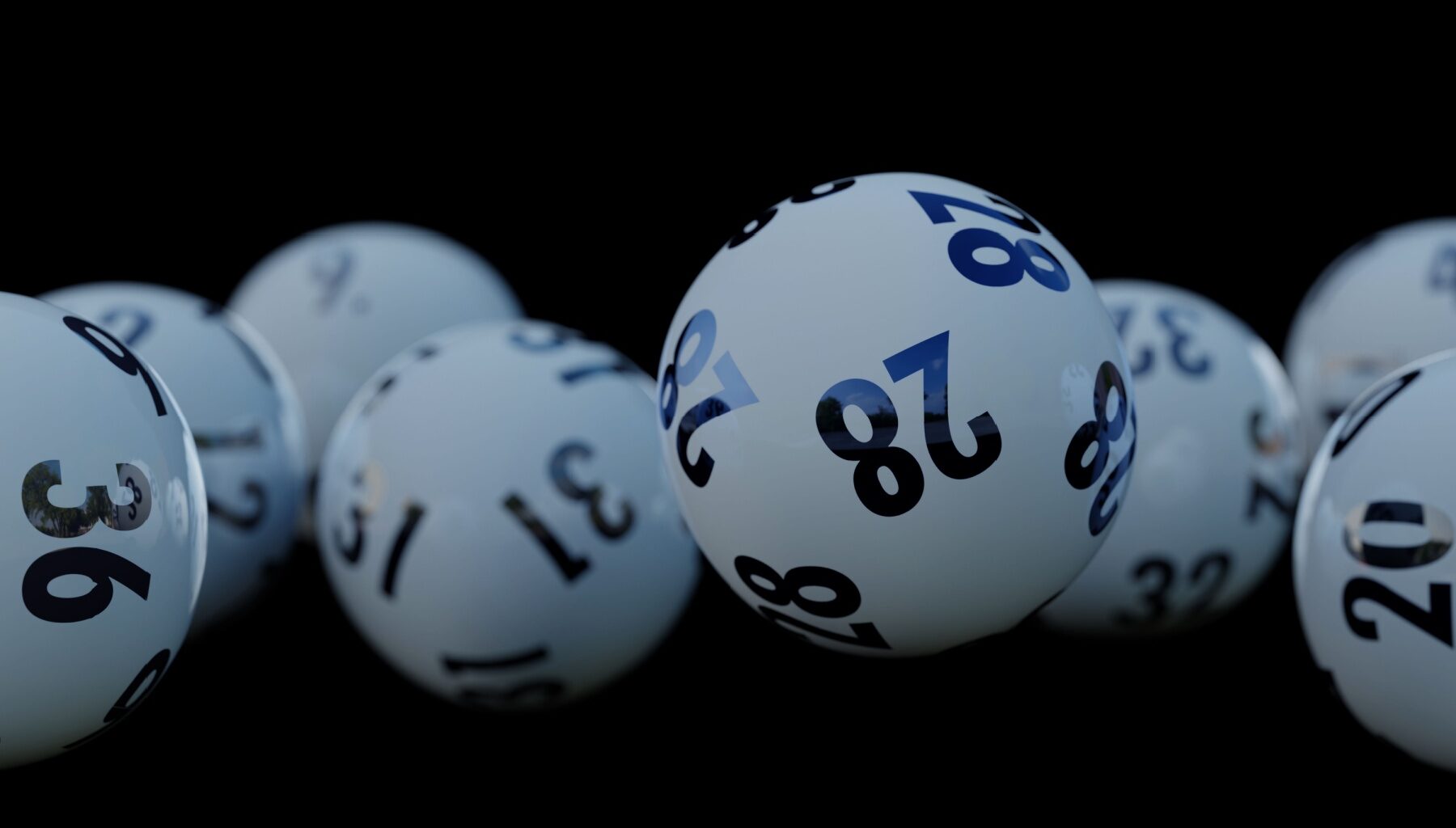Record‑shattering lottery jackpots make global headlines, but not all multi‑state or multi‑national games are created equal. For players in the United Kingdom, three draws capture the imagination: EuroMillions, America’s Mega Millions and Powerball. Each offers life‑changing prizes, yet their ticket prices, odds and tax rules vary dramatically. Below is a clear, data‑driven comparison, free of tables but rich in the numbers that matter, based on the latest rules from Camelot Allwyn (July 2025), the Mega Millions and Powerball consortiums, and audited jackpot records reported by the BBC, Reuters and AP.
Ticket Cost & Availability
EuroMillions is sold across nine European nations (including the UK) and costs £2.50 / €2.50 per line. Tickets can be bought at any National Lottery retailer or through the official app.
Mega Millions is available in 45 U.S. states plus D.C. and the U.S. Virgin Islands. In April 2025 the price doubled to $5; a multiplier is now automatically included in that cost.
Powerball is sold in the same 45 states plus D.C., Puerto Rico and the U.S. Virgin Islands. A standard line costs $2, with the optional Power Play multiplier adding $1.
At today’s exchange rate (≈£1 = $1.28), Powerball works out at roughly £1.55 per line, Mega Millions at about £3.90. EuroMillions therefore sits in the middle for price‑sensitive UK players and crucially, it’s the only game you can enter directly from Britain without a courier service.
Draw Schedule, Number Matrix & Odds
Draw nights: EuroMillions is drawn every Tuesday and Friday at 20:00 UK time; Mega Millions follows with its own Tuesday and Friday draws at 23:00 ET; Powerball conducts three draws a week, Monday, Wednesday and Saturday at 22:59 ET.
Number pools: EuroMillions players pick 5 numbers from 50 and 2 “Lucky Stars” from 12. Mega Millions asks for 5 numbers from 70 plus a single “Mega Ball” from 24, while Powerball uses 5 from 69 plus one “Powerball” from 26.
Jackpot odds: Because of those different pools, EuroMillions offers the best chance of a top‑tier win 1 in 139,838,160 compared with 1 in 290,472,336 for Mega Millions and 1 in 292,201,338 for Powerball. In other words, a EuroMillions line is roughly twice as likely to hit the jackpot as a U.S. ticket.
Starting Pots, Rollovers & Record Wins
EuroMillions begins at €17 million and periodically stages Superdraws that launch at €130 million. Thanks to incremental cap increases, the jackpot can now climb to a €250 million ceiling, first breached and won on 17 June 2025 by an Irish syndicate.
Mega Millions resets to $50 million under its 2025 price structure. The game set its own record of $1.602 billion on 8 August 2023.
Powerball restarts more modestly at $20 million, yet its three weekly draws accelerate growth. It still holds the world‑record jackpot: $2.04 billion set on 7 November 2022.
Although EuroMillions tops out sooner, each successive cap‑hit triggers a rule‑based review that can raise the limit further, keeping the European game competitive.
Payout Options & Tax Treatment
EuroMillions (UK): Winners receive a lump sum in sterling and pay zero tax on the prize. Future investment returns, of course, fall under normal UK taxation.
Mega Millions and Powerball: Both offer a 30‑year escalating annuity or a reduced cash option. U.S. winners face an immediate federal withholding of 24 %. When they file their tax return, the liability can climb to 37 %, and most states impose a further 0–10 %.
A UK resident who buys U.S. tickets while travelling or via an accredited courier cannot escape American tax, although the UK‑U.S. double‑tax treaty may offset some of the burden. Even so, EuroMillions remains the only tax‑free route for British players.
Secondary Prizes & Multipliers
EuroMillions boasts 12 prize tiers and a healthy 1‑in‑13 chance of winning anything, including a £3.60 return for matching just two main numbers.
Mega Millions and Powerball each feature 9 tiers. Their non‑jackpot prizes can be multiplied up to 10×: Mega Millions bundles the Megaplier into its $5 ticket, whereas Powerball sells Power Play as a £0.78 add‑on (≈$1).
How Fast Do Jackpots Grow?
Powerball’s extra Monday draw means it cycles through rollovers more quickly, helping it hit $2 billion after only 40 draws. Mega Millions, with fewer draws but a higher starting pot, often leapfrogs Powerball if both roll for the same length of time. EuroMillions grows at a steadier pace because its prize fund is shared among nine jurisdictions and “must‑be‑won” rules frequently trigger earlier payouts.
Source Integrity
All figures come from:
Official EuroMillions Game Procedures (Camelot Allwyn, version 4/2025)
Multi‑State Lottery Association Powerball rules (updated 1 May 2025)
Mega Millions Product Group minutes (8 April 2025)
Independent jackpot audits verified by BBC News, Reuters and the Associated Press (2022‑2025)
No unofficial betting sites or syndicated blogs were consulted.
Bottom Line for UK Players
Cost‑efficient & better odds: A £2.50 EuroMillions line delivers about double the chance of a jackpot compared with a U.S. ticket and costs less than the new‑price Mega Millions.
Headline vs. net prize: American games generate billion‑dollar headlines, but after U.S. taxes the gap narrows considerably especially when EuroMillions payouts are tax‑free.
Ease of play: With EuroMillions you can enter on your phone in seconds. Buying U.S. tickets from Britain involves a reputable courier, currency conversion fees and foreign tax paperwork.
Verdict: If value, simplicity and tax‑free winnings top your checklist, EuroMillions is the front‑runner. If you crave the sheer thrill of eye‑watering jackpots and don’t mind lower odds, heftier ticket prices and a U.S. tax bite, an occasional Mega Millions or Powerball flutter could be your trans‑Atlantic adventure.
Play responsibly: the odds remain astronomical, so treat every ticket as entertainment, not a financial plan.

